Office Hours: Mon., Th.: 08.00-10.00; Tu.: 11-16.30; Wed.: 13.30-15.30
GA 3/37
Tel.: 0234 32 -
24041
E-Mail: julia.boehm-h66@ruhr-uni-bochum.de
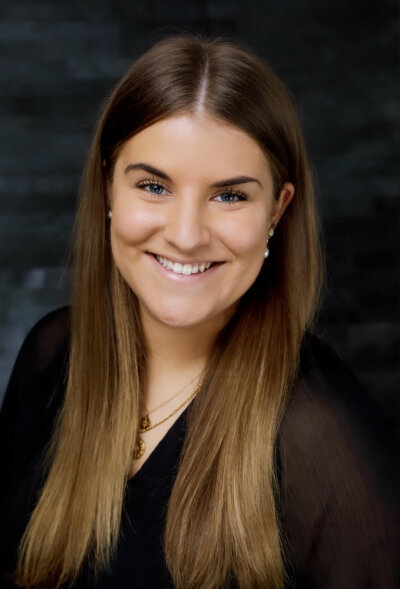
E-Mail: Aaron.diBari@ruhr-uni-bochum.de
E-Mail: pircan.sarikas@rub.de
GA 3/32
E-Mail: Celso.DeOliveiraVieira@rub.de
Mehr
My general research interest is ancient metaphysics. I have worked most extensively with the Presocratics and Plato. Currently, I am investigating the tools and concepts of process philosophy to develop an interpretation of Heraclitus as a process philosopher without unnecessary commitments to a substance framework.
E-Mail: Jeongjoo.Lee@rub.de
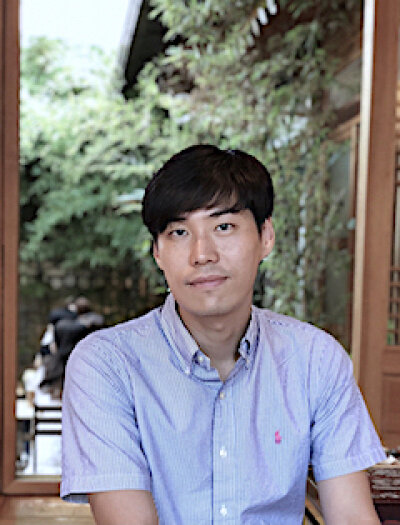
Broadly, my research project is to clarify the relationship between virtue, shame, and beauty in moral philosophy to reveal how these aspects are deeply involved in one’s morality or ethical life. With this research, I am presently focusing on the analysis of the concept of shame, referred to as ‘aischunē’ and ‘aidōs’, along with ‘aretē’ and ‘kalon’ in ancient Greek, based on Aristotle’s works and other Greek literature.
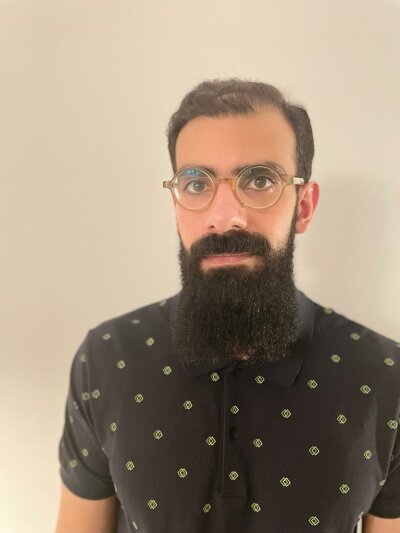
My principal current research interests revolve around Plato’s metaphysics and cosmology. My research project investigates Necessity and Divinity in Plato’s philosophizing, especially in the Timaeus. My aim is to reveal the Necessary and the Divine by investigating the relation into which Plato brings them together, how they come together, and what happens in and because of this togetherness.
2021-2023
E-Mail: Vera-Maria.Erdmann@rub.de
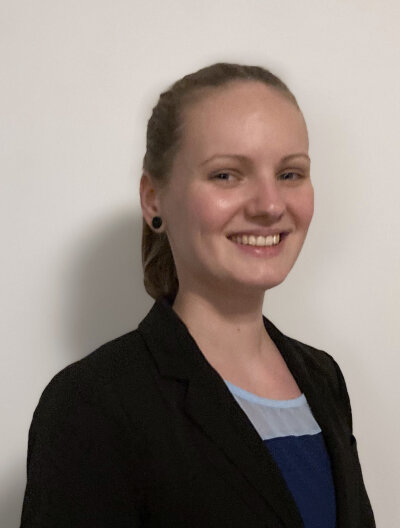
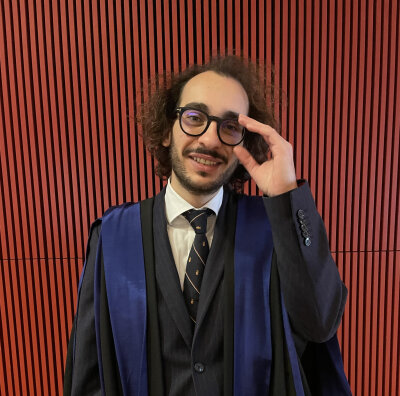
Luca Dondoni’s primary research focus is on the metaphysics of Plato’s Timaeus, with connections to some contemporary discussions in the metaphysics of science. In particular, he is interested in the explanatory import of the geometric theory of the elements, and the integration of structural properties in a power-based ontology. Additionally, he has written on Presocratic metaphysics (specifically, Diogenes of Apollonia) and contemporary theories of mind (specifically, Russellian panpsychism).
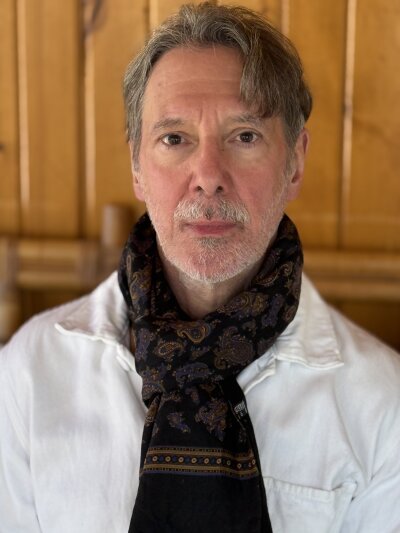
Steven Wagner befasst sich mit den Leitthemen der analytischen Philosophie, also von Frege und Russell bis Quine und Putnam. Veröffentlichungen primär in der Philosophie der Mathematik. Fernerhin, Auseinandersetzung mit der frühen Moderne, insbesondere Descartes und Hume. Großes Interesse an antiker Literatur und Philosophie.
November 2023 - March 2024
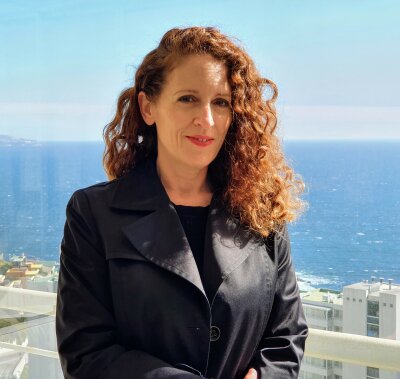
November 2022
Mehr
October 2022 - March 2023
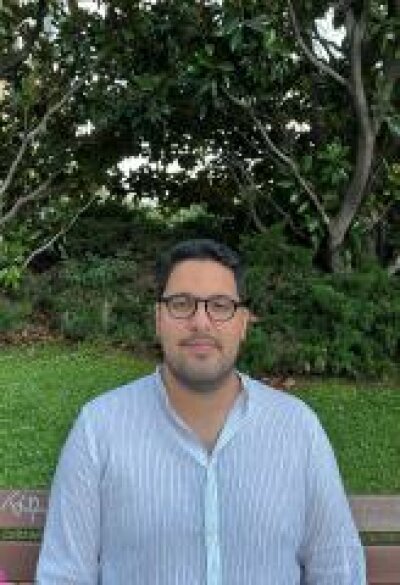
Mai-August 2022
GA 3/37
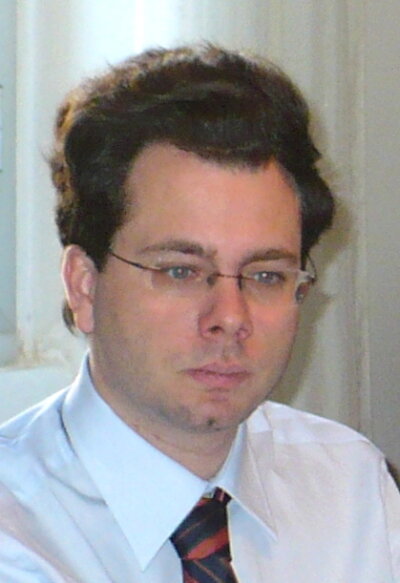
October 2021-March 2022
GA 3/37
E-Mail: Thomas.Seissl@rub.de
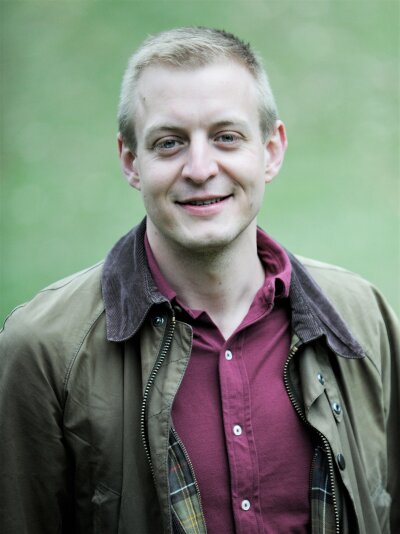
I am a doctoral student at the University of Vienna, supervised by George Karamanolis (Vienna) and Laura M. Castelli (Munich), with strong interests in Ancient natural philosophy, especially the ontology of change, time, and space. My dissertation project focuses on Aristotle’s account of time and his discussion on the role of the present (to nun, the “Now”) in Physics 4.10–14. Proposing an approach alternative to modern interpretations, I study Simplicius’ and John Philoponus’ commentaries on central passages of the Physics and ask how their treatment can contribute to a modern discussion. Thereby, I aim to assess a novel exegesis of Aristotle’s much discussed text and offer fresh ideas to a modern reading. Since October 2021, I am a visiting student at the chair of Prof. Dr. Barbara Sattler at Ruhr-Universität Bochum.
2022-2023
GA 3/32
E-Mail: Anna.Pavani@rub.de
Mehr
Image © a.r.t.e.s. Graduate School for the Humanities Cologne / Foto: Patric Fouad
My main research interest is ancient epistemology, especially the role language plays in concept formation. I have worked extensively on the tool-analogy of Plato’s Cratylus and on the role language plays in the dialectical methods employed in Plato’s late dialogues, especially the Sophist and the Statesman. In my new project, I investigate Plato’s temporal notions, such as the exaiphnês and the nun, which are best understood when contrasted with Aristotle’s homonymous notions and with Parmenides’ and Melissus’ legacy. I aim to show that what Plato has to say about Time, which extends far beyond its definition in the Timaeus, concerns the way we do and should speak about it.
GA 3/32
E-Mail: Fabian.Ruge@rub.de
Mehr
I am mainly interested in ancient logic and epistemology, particularly in Aristotle and the Stoics. My current project aims at an interpretation of the notion of logical consequence in Aristotle's definition of the syllogism that emphasises the role of relations between terms (rather than between propositions).